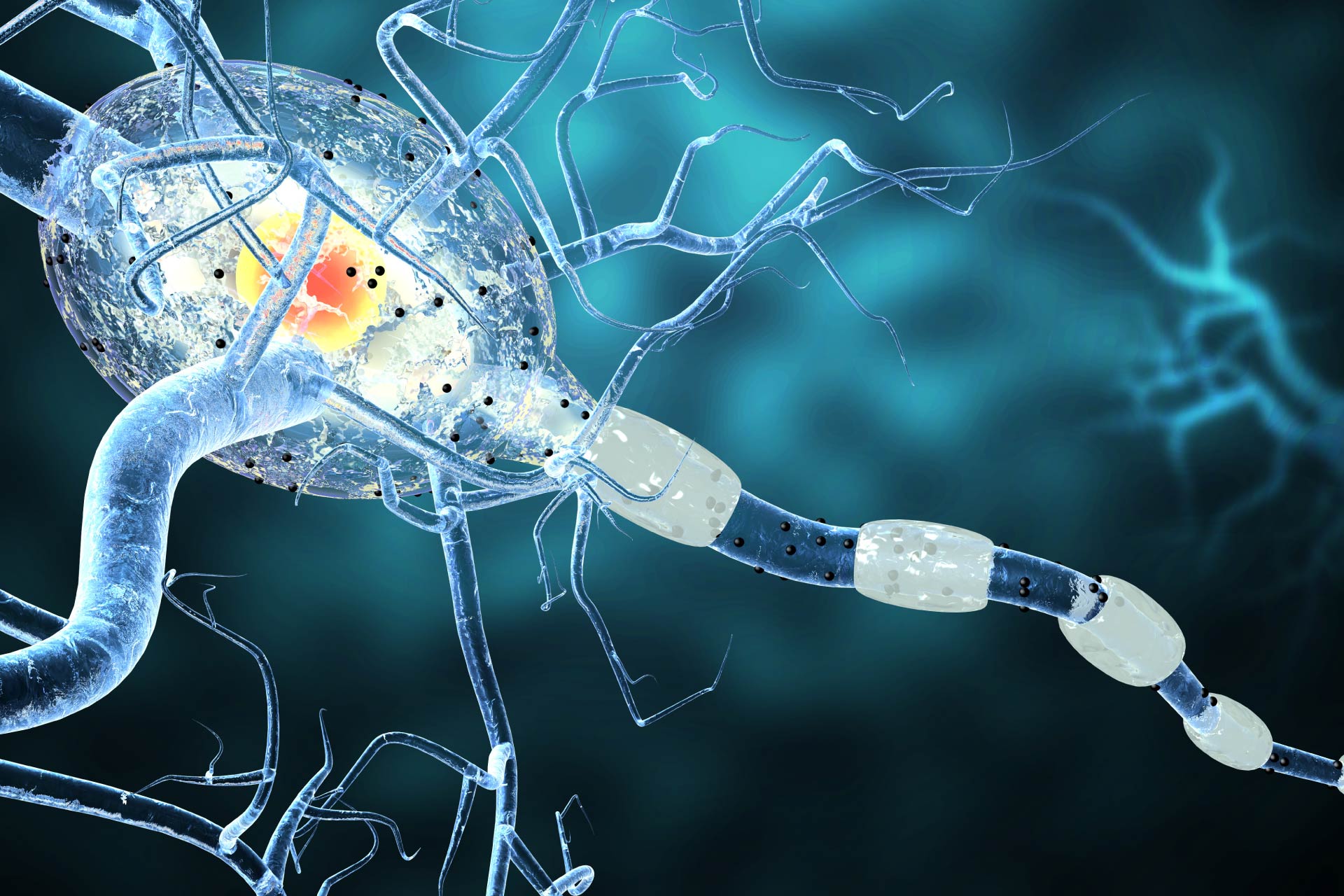• Worsening symptoms
• Tag team
What is already known on this topic
Multiple sclerosis is an autoimmune disease in which the immune system strips away nerve cells’ protective covers, leading to muscle weakness, blindness, and even death. Several studies have shown that gut microbes can influence the symptoms of multiple sclerosis, but how they make the immune system turn against nerve cells remains poorly understood.What this research adds
Researchers gave mice with multiple sclerosis-like symptoms a cocktail of antibiotics to deplete their gut microbiota. Loss of gut microbes resulted in attenuated symptoms of the disease. Treating the animals with ampicillin only had similar effects, and just one microbe, which the researchers called OTU002, was completely deleted in ampicillin-treated mice. Mice that lacked all bacteria except OTU002 had more severe symptoms than germ-free mice, but animals co-colonized with Lactobacillus reuteri and OTU002 had even worse symptoms than mice colonized only with OTU002.Conclusion
The findings suggest that a combination of Lactobacillus reuteri and OTU002 can worsen the symptoms of multiple sclerosis.
Multiple sclerosis is an autoimmune disease in which the immune system strips away nerve cells’ protective covers, leading to muscle weakness, blindness, and even death. A new study found that a specific combination of gut microbes can worsen the symptoms of multiple sclerosis in mice.
The findings, published in Nature, could lead to treatments to improve the course of the disease.
Previous studies have shown that gut microbes can influence the symptoms of multiple sclerosis, but how they make the immune system turn against nerve cells remains poorly understood. To address this question, Hiroshi Ohno at RIKEN Center for Integrative Medical Sciences and his colleagues gave mice with multiple sclerosis-like symptoms a cocktail of antibiotics to deplete their gut microbiota.
Worsening symptoms
The team found that loss of gut microbes resulted in attenuated symptoms of multiple sclerosis. Treating the animals with a cocktail of antibiotics that contained ampicillin, vancomycin, neomycin and metronidazole had the same effects of giving the animals ampicillin only. Ampicillin treatment reduced the activity of immune cells that attack a protein called myelin oligodendrocyte glycoprotein, which helps the nerve cells’ protective cover to stick to neurons.
The researchers found that only one microbe, which they called OTU002, was completely deleted in ampicillin-treated mice. Mice that lacked all bacteria except OTU002 had more severe symptoms than germ-free mice.
However, symptoms in mice colonized only with OTU002 were not as bad as those in the original mouse model of multiple sclerosis, which suggested that the effect must involve more than one microbe.
Tag team
Further experiments allowed the researchers to track down another microorganism, Lactobacillus reuteri, which also modulated the activity of immune cells that attack myelin oligodendrocyte glycoprotein. Mice co-colonized with Lactobacillus reuteri and OTU002 had worse symptoms than mice colonized only with OTU002. This suggests that this combination of microbes is responsible for the severe symptoms of multiple sclerosis.
“Other studies have focused on fecal microbes, or a single microbe, in patients with multiple sclerosis or in model mice,” says study first author Eiji Miyauchi. “Our data emphasize the necessity of considering the synergistic effects of intestinal microbes on autoimmune diseases and give hope to people looking for effective treatments for multiple sclerosis.”









